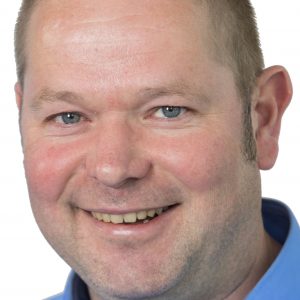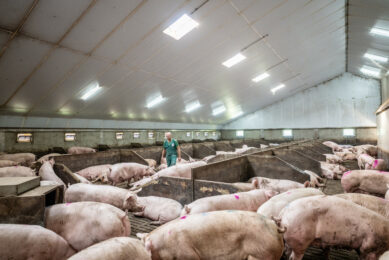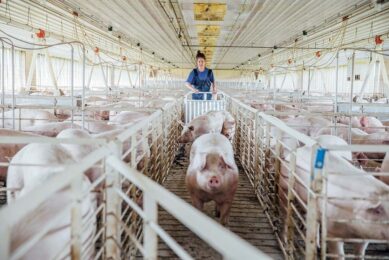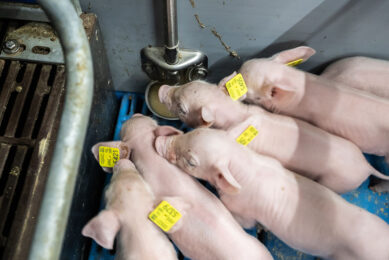Converting pig producers into hygiene specialists
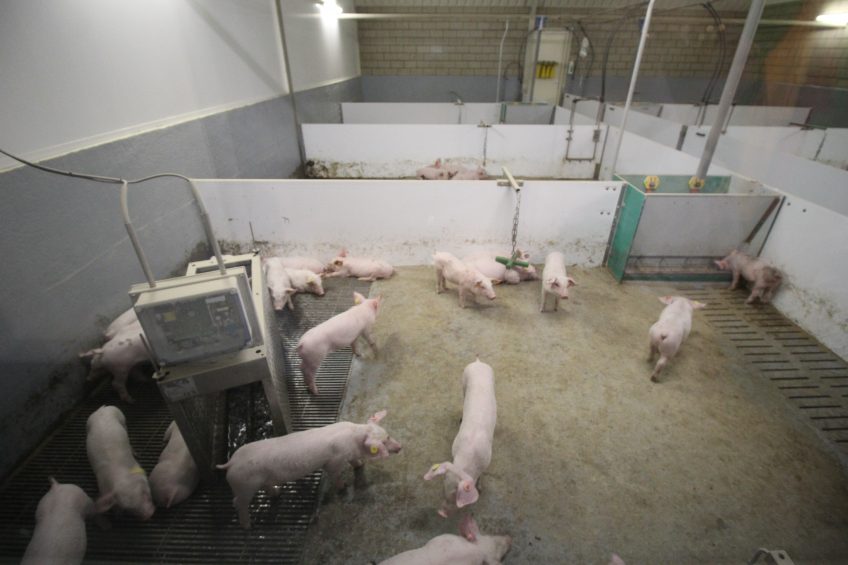
Disease pressure is growing as pig farms grow in size. Applying very strict hygiene protocols can help lower the disease pressure. MS Schippers, headquartered in the Netherlands, is launching a special academy to help pork producers and their staff change their behaviour.
For some while, livestock equipment wholesaler MS Schippers has been embracing hygiene as a way to reduce antibiotics usage on-farm. Launching the ‘HyCare’ approach several years ago, the livestock equipment company has gradually developed an entire philosophy around part of its product portfolio.
Giving bacteria colonies no chance
Essentially, the HyCare principle is focusing on an integral approach to give bacteria colonies no chance to grow. This includes:
• Walking ways through the farm have to be visible and tools and materials should be clean at all times;
• After every round, pig units need rinsing, cleaning with soap, disinfecting and drying really well;
• Floors and walls until about 1 m tall need a special coating, which includes all slats and openings – to prevent bacteria populating these places;
• An emphasis on water quality, with both cleaning the insides of the pipes as well as acidifying it to keep it clean;
• Rodent control;
• A strictly zero-fly approach by treating the manure from time to time to prevent flies from multiplying;
• Better animal management;
• Strict protocols for the transport of animals into the farm or away from it – and the same applies to dead animals.
Pork producers need to change their mindset
Not only do these physical changes need to be applied, also in the minds of the pork producer and the employees, a better hygiene on pig farms will have to become self-explanatory, said Mart Smolders, division manager pigs at MS Schippers in Bladel, the Netherlands.

He said, “Working hygienically should be part of daily business on a pig farm.” To achieve exactly that, change is needed on how a farm is managed. For MS Schippers, that was the reason to add its HyCare Academy to the already existing concept. This in short is an education for pig producers and their staff aimed at working more hygienically.
Smolders said that in fact, the entire concept does not revolve around new ideas. To a group of journalists, he explained, “Ever since the beginning of the 1970s, pig handbooks have already been emphasising good hygiene.”
Health issues at turning point
Health issues are at a turning point in history, Mr Smolders continued. Pig farms increasingly grow in size, causing diseases to become more persistent on-farm. He said, “Because of lowering antibiotics usage, the use of vaccinations is on the rise. Some sow breeders do spend as much as €200 per year on health care. That is more than they pay to get rid of their manure.”
Mr Smolders stated that predominantly vaccination costs, can come down by lowering infection pressure and enhancing hygiene management.

Results at the pig trial facility
Results achieved in the MS Schippers pig trial facility ‘De Raamloop’, in Bladel, have been supporting this theory. Dr John van den Borne, head of the company’s R&D department, showed the technical results of almost 3,000 finisher pigs. When compared to an in-house reference unit, the pigs in the HyCare section grew 10% faster, with a 6% better feed conversion rate and 41% fewer mortality. The reference unit was said to already perform better than the country’s average.
A few years ago, HyCare started as a project for sows and piglets – read more about that interesting initiative
The HyCare concept is so far being applied in 3 different farms in the Netherlands and on 1 swine facility in Denmark. More farms in Europe are likely to follow in the near future. The pig producers were said to be happy about the step they made, although they indicated that the beginning was rather difficult, as existent practices had to be changed.
As there are a few farms applying the HyCare system now, the reference unit in De Raamloop has now been replaced with a grower unit according to the HyCare principles.


